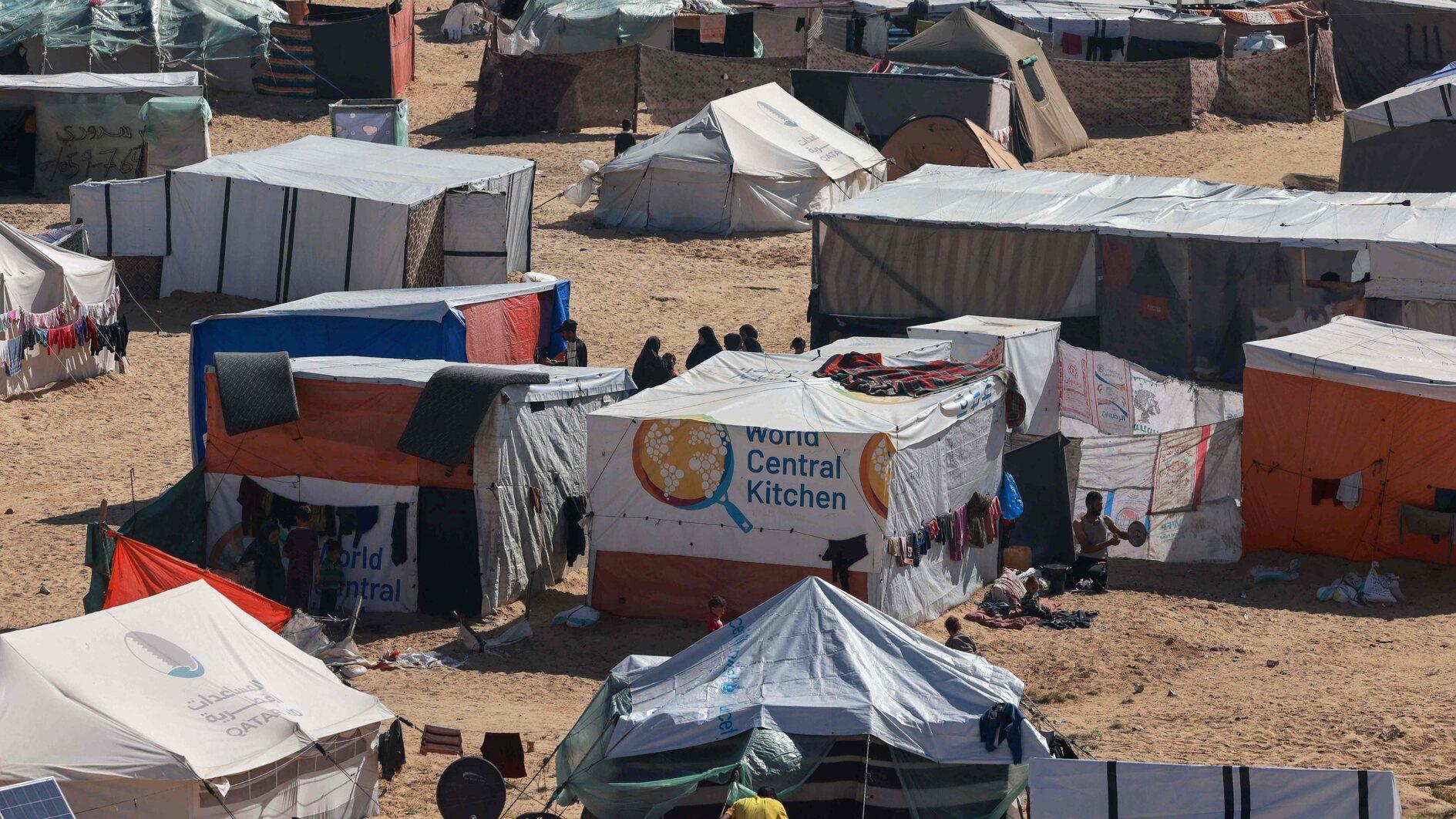The end of Turkey’s Indian Summer
GÜVEN SAK
The decline of Europe’s Rosy days also marks the end of the Indian summer for Turkey. That, at least, is what I see in the deepening European crisis. Europe is neatly divided into two parts: creditors and debtors. Debtor governments, like Greece and Italy, are going to have technocratic caretaker governments. Germany, among the largest creditors, is dictating the rule of these caretaker governments by limiting the influence of popular will through elections and referendums on important decisions. Europe is now more of a project of the elites than ever. Under Angela Merkel, Germany’s decision is to first focus on a way out of the euro crisis and only then to serve justice through the ballot box. There is more trouble ahead for the European Project.That is what I understand from the recent exchange between Angela Merkel and the German newspaper Handelsblatt. Ms. Merkel’s answer to the question “Do you want to let the people vote in a referendum for European rescue packages?” is not positive. That is also what representatives of Christian Social Union (CSU), the Bavarian sister of Merkel’s ruling Christian Democratic Union party has been saying. The problem lies within Ms. Merkel’s party and its efforts to prevent the people of Europe from voting.
Why caretaker governments in both Greece and Italy? Democracy takes time, while Europe’s economic crisis is imminent. Greek, Italian and Spanish bonds to the European financial system are akin to the subprime mortgages in the American financial system. Or, to make another analogy, it is like sewage water seeping into the drinking water system. The problem is in bank balances and nobody is sure how much sewage water has seeped into each bank balance sheet. We only know that it is asymmetric and that the EU’s rosy days are over.
What happens if Italy fails to refinance its debt? Here it is important to remember that the major customers in every refinancing are the ones that are already holding your bonds. There are three simultaneous tasks: Firstly, you have to convince existing customers holding your paper that you can repay your debt. Secondly, the majority of your existing customers have to be ready to buy your new bonds by your own will. Thirdly, you need to show that you can repay the debt you incur today. If you cannot, you will default. Hence, refinancing comes before debt repayment. Fiscal discipline is left for governments to enforce and Papandreou and Berlusconi are deemed incapable in this regard; hence the caretaker governments in Greece and Italy. These are not unlike the Duyun-u Umumiye (General Debt Administration) of the late Ottoman period that was set up by European creditor nations in Istanbul.
Some have been asking whether Turkey is also now vulnerable. It is and more so than it was at the beginning of the crisis. Until now, Turkey was going through an Indian summer, the weather uncharacteristically nice for a time, but things might very well soon turn to normal. Turkey, through its Customs Union agreement, is part of the European market. Negative effect should be expected on the hard currency-earning capacity of the country. That is especially dangerous when considering Turkey’s current account deficit. In terms of debt dynamics, wait for the exchange rate adjustment to be completed together with a slowdown in growth and interest-rate hike. So Turkey is going to land, the question is whether it will be hard or soft. I would say that depends on economic management abilities of our government. Its record so far is not encouraging.











